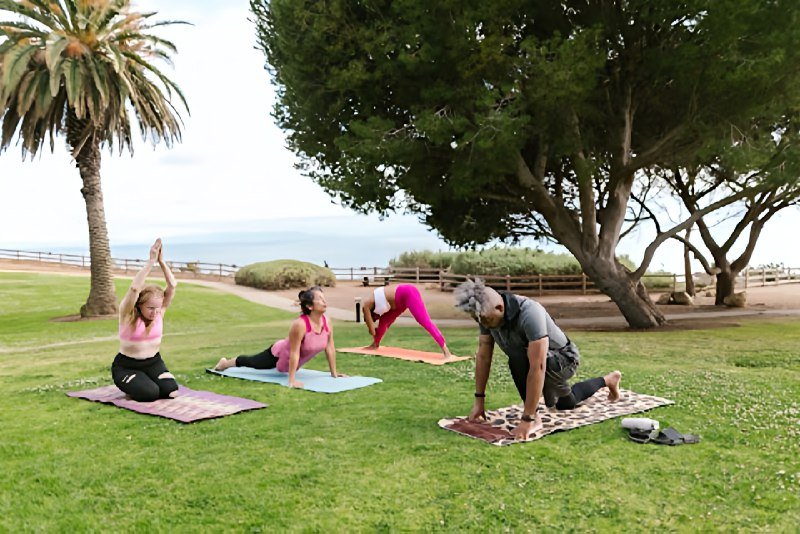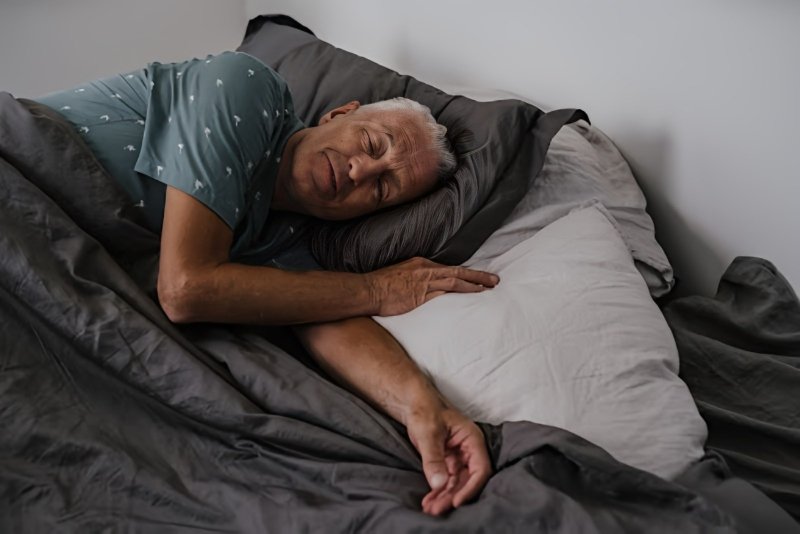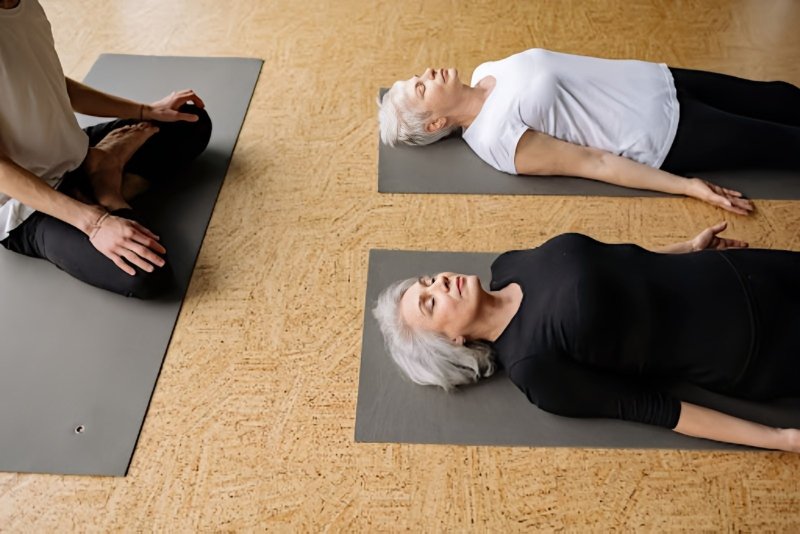Top 7 Benefits of Exercising for Seniors
Top 7 Benefits of Exercising for Seniors
The key to unlocking a more active lifestyle
After retirement, it’s perfectly acceptable for people to feel like they need a break. After all the hard work and years of employment, everyone should be entitled to take it easy for a while. However, while older people may be inclined to relax once their nine-to-five is in the past, it’s still important to remain active. If you’re on the fence about getting back on your fitness journey, we’ve listed the top benefits of regular exercise even for aging adults:
1. Helps prevent and manage health conditions
In a study published in the National Library of Medicine, consistent physical activity among the elderly, particularly those with morbidities, can contribute to an improvement in physical function and overall quality of life. Exercise has been shown to decrease cardiovascular mortality and improve blood pressure. Studies have proven time and again that regular exercise can also help prevent common diseases such as heart disease and diabetes. The elderly with health conditions such as obesity, osteoarthritis, and depression have also seen improvements when they switch to a more active lifestyle.
If you have a disability or any chronic condition, you should still strive to meet the physical activity recommendations, says the Australian Government’s Department of Health and Aged Care.
2. Boosts balance and coordination
You may not be thinking of the importance of balance and coordination in your day-to-day life but they are more crucial than you think. Without the two, you are more likely to suffer from slips and falls that can often lead to even worse problems. Exercise is a huge factor in helping the elderly lessen the risk of falls. With exercises such as basic yoga and pilates, you can strengthen your core to drastically improve your balance and coordination.
3. Enhances muscle strength
Older people can experience reduced muscle mass, bone strength, endurance, coordination, and more without regular exercise. According to the 2020-21 data from the Australian Institute of Health and Welfare, 1 in 2 Australians aged 65 and above are insufficiently active. That means they failed to meet the recommended physical activity for a day. This lack of activity may lead to a significant decline in one’s physical health.
To combat this, New Zealand’s Ministry of Health recommends at least 30 minutes of physical activity that can gradually increase your breathing or heart rate, five days a week. Following the guidelines can drastically improve your muscle strength to ensure you have the energy and stability to continue your life, do your errands, or go out with your friends with minimal help from others.
4. Improves social interactions
xercise should not always be a solitary activity. You can always do gardening with your family, or even play a game that will get your heart racing with your grandchildren. If you want to widen your circle, you can always check out your neighbourhood for any group dance, yoga, pilates, or tai chi classes. You can even join a walking or running group. No matter the type of physical activity that you do, remember that you can always make it fun with your friends and family.
5. Strengthens cognitive functions
Activity not only supports physical health well into old age. It has also been shown to play a role in maintaining good mental health. According to the Fisher Centre for Alzheimer’s Research Foundation, exercise is thought to help memory, as well as slow the mental ageing process and delay the onset of Alzheimer’s.
This is supported by findings from the Rush University Medical Centre, which suggest that physical activity can help to prevent the onset of Alzheimer’s or cognitive decline at any age.
“The results of our study indicate that all physical activities including exercise as well as other activities such as cooking, washing the dishes, and cleaning are associated with a reduced risk of Alzheimer’s disease,” said Dr Aron Buchman.
6. Improves sleep quality
Lack of sleep is one of the biggest problems of senior people. As we age, sleep can sometimes elude us and the quality of sleep declines as well. The good news is that exercise can both help you get more sleep while improving the quality, as well. Physical activity has been proven to increase the duration of deep sleep by enhancing your homeostatic and circadian sleep processes.
According to John Hopkins Medicine, exercise raises your core body temperature during the activity but after 30 to 90 minutes, the temperature will start to fall which signals your body that it is time to sleep. With your energy effectively spent on regular exercise, you’ll enjoy a deep and peaceful slumber.
7. Improves mental health
Your physical and mental health go hand-in-hand to make sure you’ll have a holistic improvement in your quality of life. Exercise is one of the best ways to improve your mental health. Regular exercise has been shown to have a positive impact on anxiety and depression across all ages. When you get your heart rate up during your exercise, your body is going to release endorphins and serotonin. These hormones can help relieve pain, reduce stress, and improve your mood - in short, they make you happy.
The key to unlocking a more active lifestyle
Remember that the goal is to ensure you are being more physically active and less time sedentary. You don’t have to spend the whole day inside a gym to stay physically fit. There are many physical activities you can explore that would fit your health condition, you can check them out here - Simple Exercise Tips for Seniors.
Tunstall believes in providing support to older people so that they can have the peace of mind of knowing that help is only a button press away with our personal medical alarm. For more independent seniors, we also offer care solutions to help support a more active lifestyle. We like to ensure you that help is never far away. If you want to know more about our Connected Healthcare solutions, make sure to contact us today.
Keep reading: Balance Exercises for Seniors: Prevent Falls and Injuries










